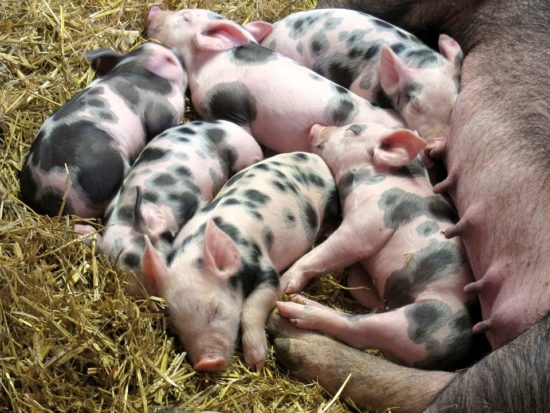Review of antibiotic use and resistance in food animal production in WHO South-East Asia Region
Antimicrobial resistance is an emerging global threat to public health. The resistant bacteria in food animals can be transferred to humans through the food chain. Limited information on antimicrobial usage and resistance in food animals is available in Southeast Asia due to inadequate monitoring or surveillance systems. A literature review was conducted on antimicrobial use and resistance in food animal production in Southeast Asia for the period 2011–2020, to assess the scope and extent of antibiotic use and resistance. The countries included in the study were Bangladesh, Bhutan, Democratic People’s Republic of Korea, India, Indonesia, Maldives, Myanmar, Nepal, Sri Lanka, Thailand and Timor-Leste. The information was categorised by country, production type and findings regarding antibiotic use and resistance. A total of 108 publications were included in the review. Results showed widespread use of critically and highly important antibiotics in livestock, poultry and aquacultured fish and their products. To curb the growing threat of antibiotic resistance, Southeast Asian countries need to strengthen surveillance and regulatory controls of antimicrobial use in food animal production through “One Health” approach.
AMR NEWS
Your Biweekly Source for Global AMR Insights!
Stay informed with the essential newsletter that brings together all the latest One Health news on antimicrobial resistance. Delivered straight to your inbox every two weeks, AMR NEWS provides a curated selection of international insights, key publications, and the latest updates in the fight against AMR.
Don’t miss out on staying ahead in the global AMR movement—subscribe now!







